Epilepsy
Epilepsy is a medical condition that produces seizures affecting a variety of mental and physical functions. It’s also called a seizure disorder. When a person has two or more seizures, they are considered to have epilepsy.
A seizure happens when a brief, strong surge of electrical activity affects part or all of the brain. One in 10 adults will have a seizure sometime during their life. Seizures can last from a few seconds to a few minutes. They can have many symptoms, from convulsions and loss of consciousness to some that are not always recognized as seizures by the person experiencing them or by health care professionals: blank staring, lip smacking, or jerking movements of arms and legs.
Diagnosing Epilepsy
Diagnosing epilepsy is a multi-step process, usually involving the following evaluations:
- Confirmation through patient history, neurological exam, and supporting blood and other clinical tests that the patient has epileptic seizures and not some other type of episode such as fainting, breath-holding (in children), transient ischemic attacks, hypoglycemia, or non-epileptic seizures.
- Identification of the type of seizure involved.
- Determination of whether the seizure disorder falls within a recognized syndrome.
- A clinical evaluation in search of the cause of the epilepsy.
- Based on all previous findings, selection of the most appropriate therapy.
Types of Seizures
There are many different types of seizures. People may experience just one type or more than one. The kind of seizure a person has depends on which part and how much of the brain is affected by the electrical disturbance that produces seizures. Experts divide seizures into generalized seizures (absence, atonic, tonic-clonic, myoclonic), partial (simple and complex) seizures, nonepileptic seizures and status epileptics.
Epilepsy Symptoms
Classifying epilepsy by seizure type alone leaves out other important information about the patient and the episodes themselves. Classifying into syndromes takes a number of characteristics into account, including the type of seizure; typical EEG recordings; clinical features such as behavior during the seizure; the expected course of the disorder; precipitating features; expected response to treatment, and genetic factors. Find out more about epilepsy syndromes.
Causes of Epilepsy
Seizures are symptoms of abnormal brain function. With the exception of very young children and the elderly, the cause of the abnormal brain function is usually not identifiable. In about seven out of ten people with epilepsy, no cause can be found. Among the rest, the cause may be any one of a number of things that can make a difference in the way the brain works. Head injuries or lack of oxygen during birth may damage the delicate electrical system in the brain. Other causes include brain tumors, genetic conditions (such as tuberous sclerosis), lead poisoning, problems in development of the brain before birth, and infections like meningitis or encephalitis. Find out more about causes of epilepsy.
Seizure Triggers
Some people who have epilepsy have no special seizure triggers, while others are able to recognize things in their lives that do affect their seizures. Keep in mind, however, that just because two events happen around the same time doesn’t mean that one is the cause of the other. Generally, the most frequent cause of an unexpected seizure is failure to take the medication as prescribed. That’s the most common trigger of all. Other factors include ingesting substances, hormone fluctuations, stress, sleep patterns and photosensitivity.

